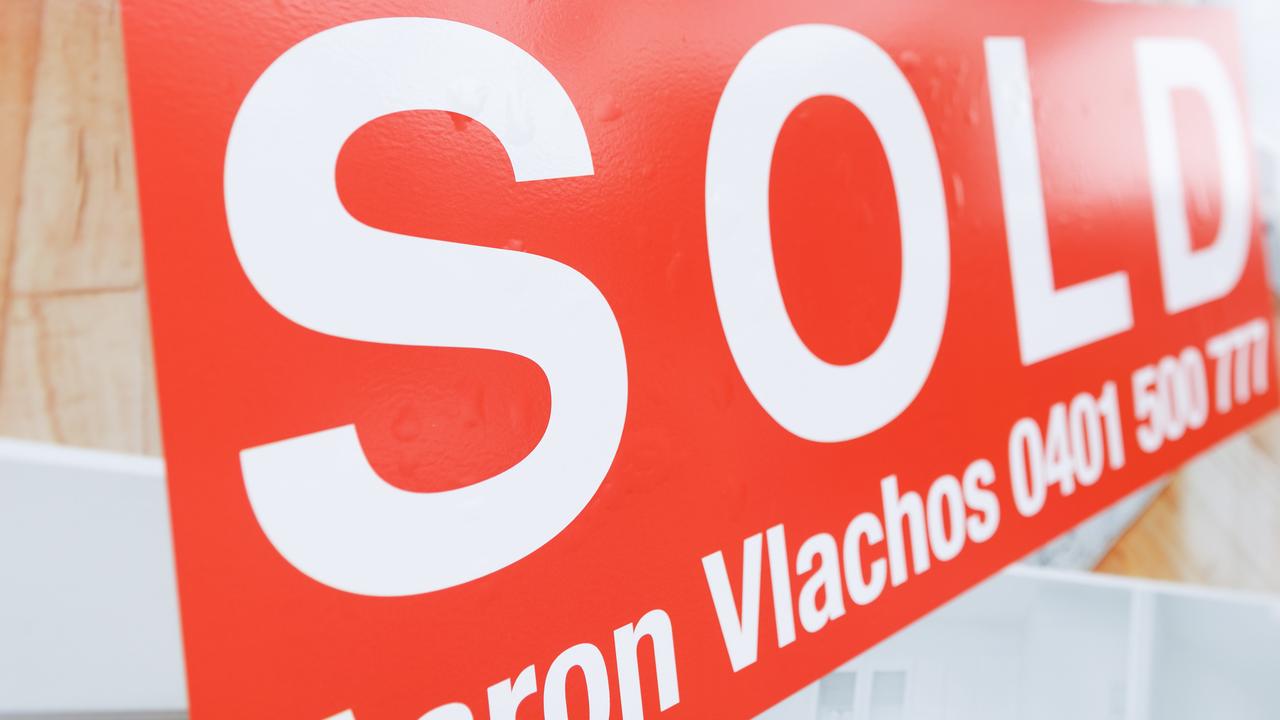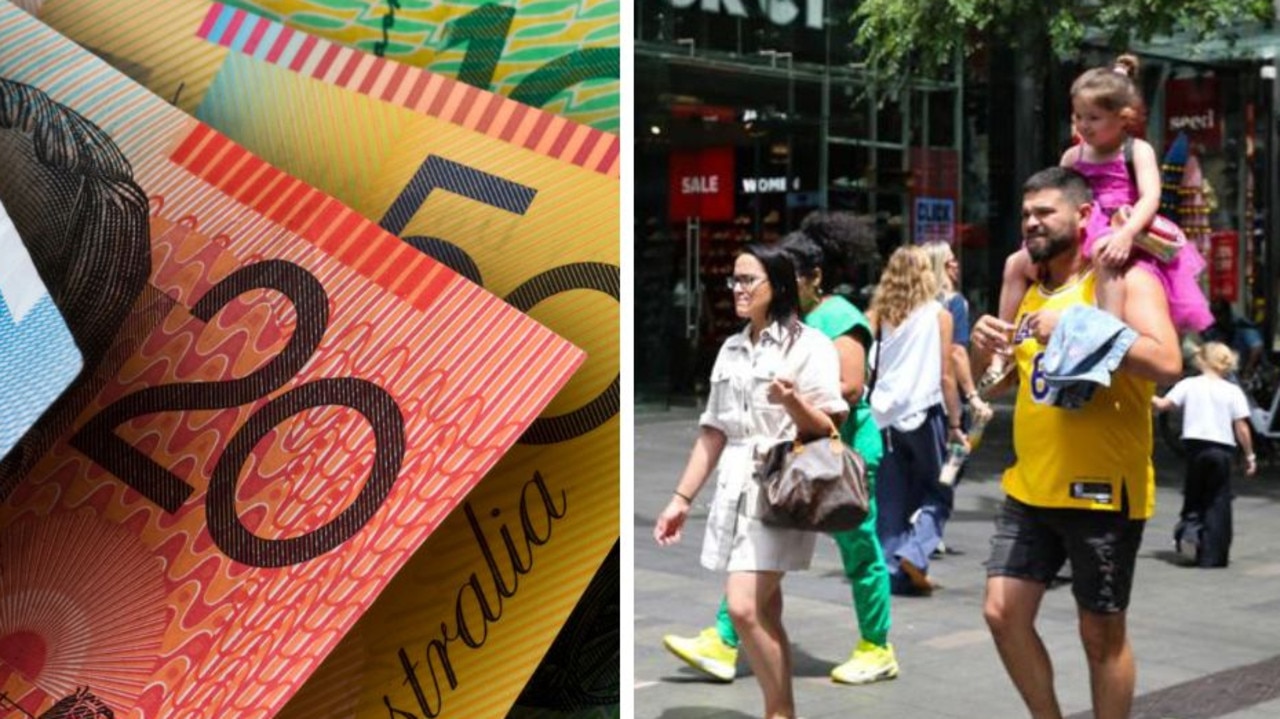Bank bills surge to up fixed interest rate
SHORT-TERM funding costs for Australian banks and corporates have shot up to a 13-year high as money markets take fright at the double interest rate hike expected this year.
SHORT-TERM funding costs for Australian banks and corporates have shot up to a 13-year high as money markets take fright at the double interest rate hike expected this year.
Yields on 90-day bank bills have soared to 7.64 per cent, well up on the high of 7.55 per cent during the peak of the credit crisis last year.
The move means the rates on fixed mortgages are at risk of moving even higher after a rush by the major banks to cover costs over the last few months by hiking rates.
The average fixed loan is now around 8.29 per cent for between one and three years, but that is still below the average variable rate of almost 9 per cent.
Fixed-rate loans are priced on the bill and swap markets, while variables are set from the official Reserve Bank cash rate.
Bank collision course
A further increase in the rates would put the major banks on a collision course with Treasurer Wayne Swan, after Commonwealth Bank chief Ralph Norris refused to rule out moving rates independently of the RBA.
The Commonwealth, the nation's biggest lender, yesterday admitted that higher credit costs had clipped its profit growth for the past year.
Mr Norris said the sub-prime credit crunch had wiped at least $100 million off the Commonwealth's pre-tax bottom line.
"The group has no direct exposure to sub-prime, but the volatility that has arisen in international and domestic financial markets has put upward pressure on wholesale funding costs.
"We have a highly diversified wholesale funding program, but we are not insulated from these increases."
Rate spike ups costs
The bill rate had settled after peaking in December, but analysts said the combination of higher interest rates and banks retaining cash had led to the current spike.
HSBC global markets head Tony Cripps said the increase would raise costs for financial institutions funding fixed-rate loans.
"It affects corporate facilities that they roll over on 90 days, and for term deposits it will increase funding costs," Mr Cripps said.
"The fixed rates will rise as bills do. Typically the corporate facilities are set at the 90-day rate, so they become more expensive."
The spread between the bills and the official cash (interest) rate reached 76 points in December but the cash rate was then lower at 6.75 per cent.
The stock market has been hit lately by the failure of several companies to secure new funding agreements to roll over debt.
The implications of the higher funding costs in the uncertain interest rate environment are seen by analysts as a major reason for the re-pricing of the domestic retail banks by investors.
NAB and Commonwealth dragged the broader market south yesterday when their share prices collapsed by more than 4 per cent.
The RBA revealed this week that banks' reliance on bills had grown from an average of $5 billion a month to $20 billion.
St George treasury economist Amanda Tan said Australian commercial banks had become wary of lending to each other, contributing to the higher yield.
The RBA has again sought to ease liquidity concerns and pump cash into the system by purchasing $695 million worth of ADI securities and $95 million of government bonds.
The interbank futures market is tipping a 74 per cent chance the Reserve Bank will raise the cash rate to 7.25 per cent next month.
Many believe that two 25 basis-point rate increases will be needed to bring inflation back to within the RBA's management bracket.
Mr Cripps said the RBA could be waiting for an "inflection point" where lower sustained consumer confidence stopped the rate cycle.



